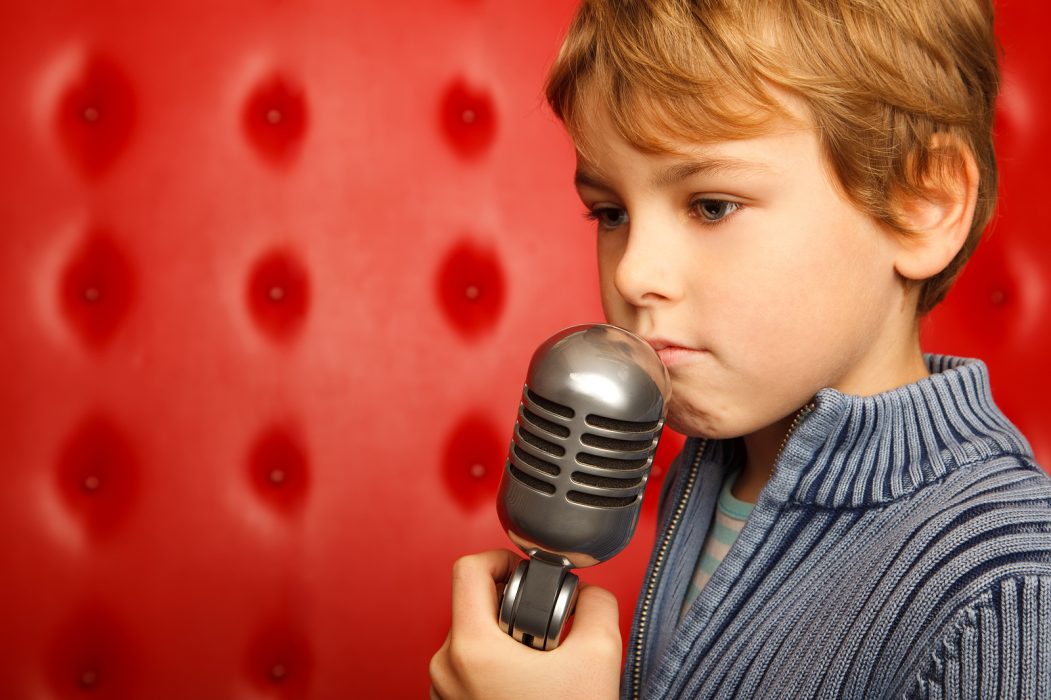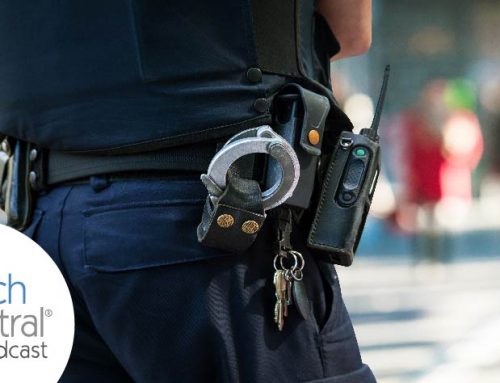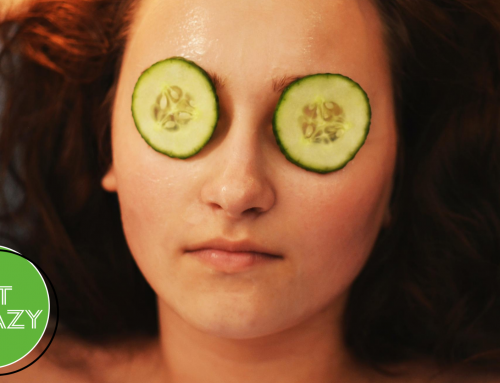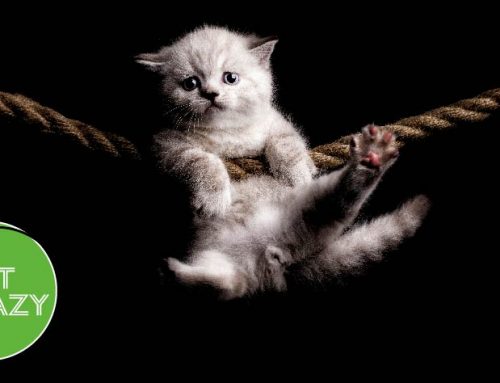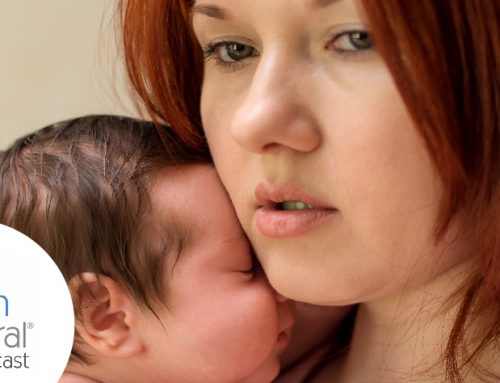A couple of years ago, I attended a conference where an incredible speaker gave a five-minute speech titled, “I’m Tired.” It had a simple delivery, almost a poetic cadence, where she would point out something she had to deal with on a daily basis. Then, after a slight pause, she’d say, “I’m tired.”
I don’t remember what made her tired, but I can still hear her powerful and commanding voice in my head dramatically saying “I’m tired.” That stuck with me because, like her, I felt tired.
And I am tired.
I call myself a mental health advocate. That description is not inaccurate, but it’s not the job I actually have. My actual job is to wake up every morning and attempt to prove to the world that my life has value. That my needs are important. That helping me, and others like me, is a worthwhile thing to do. The fact that I need to justify my life no doubt causes me untold amounts of mental trauma.
Day in and day out, I sit poker-faced as people explain to me that I’m faking, or lazy, or stupid. I’m constantly bombarded with nonsense pseudo-science that will cure me in minutes. In my career, it’s been aromatherapy, essential oils, and most recently, cannabis oil. All magic cures that will end my suffering and is conveniently sold at my local gas station.
Because of the work I do, my email box is filled with desperate people who need – and deserve – something more than I can offer. The very fact that they are desperately emailing a stranger is proof that our system isn’t just inadequate, but largely non-existent.
I was diagnosed in 2003 with bipolar disorder and became a full-time advocate in 2010. For a decade, I’ve tried to make the world a better place for people living with mental illness. I want people to understand that we can do great things if we can access treatment.
I’ve watched the rise of advocates and organizations who call my wife my caregiver. I sit in audiences and watch speakers and panelists talk for me and about me – but not with me. More often than not, people actually living with mental illness aren’t invited to the “table.”
I track funding and see that the majority of it ends up in places with little-to-no evidence showing that it will actually help people with severe and persistent mental illness, but nevertheless has a rabid fan base in support of it. Not many people in that fan base have mental illness, mind you. People in recovery, like myself, see it for what it is – an illusory victory. It’s a feel-good song that does little to map out a better life for people like me. And when I point this out, I’m regarded as stupid or crazy.
I ask for funding to find options that work rather than continue investing in failed policies and, for this, I’m openly mocked. I’m given the “let the adults work; go play” look that my parents gave me when I was underfoot as a child.
Advocates like me can’t compete with the multi-million-dollar funding models of large mental health charities. We can’t get our websites in front of corporate websites. Social media contains more misinformation — or outright lies — than truth. And we still haven’t slayed the “pop culture misrepresentation of mental illness” dragon. Every day, the path forward becomes more and more overgrown and much more difficult to traverse.
I hear that conference speaker’s voice in my head once again proclaiming that she is tired. I want to hug her, but only because that means maybe she’ll hug me back, since she’s the one person who could understand how tired I really am.
Gabe Howard is an award-winning writer and speaker who lives with bipolar disorder. He is the author of the popular book, Mental Illness is an Asshole and other Observations, available from Amazon; signed copies are also available directly from Gabe Howard. To learn more, please visit his website, gabehoward.com or watch his speaker reel here.



